PURCHASE
Purchasing a New Home is Very Exciting, but Can also be Stressful, Especially on your First Home. We Guide you through Our Seamless Process, Ensuring a Stress-Free and Efficient Transaction

First, Let's Cover the Various Types of Purchases:

First Time Home Buyer
- On your very first home, the provincial and federal governments offer some incentives to help you with the transaction.
- These are only available once in your lifetime, so make sure to take advantage of these when possible
- The Mortgage Desk can walk you through these, to see what makes sense for you.
Upsizing or Downsizing
- Depending on your stage in life or financial circumstances, you may wish to upsize or downsize your home.
- Upsizing means selling your existing home and buying a home of higher value, whereas downsizing means buying a home of lower value than your existing home.
- This can be tricky given the dates of your sale and purchase may not coincide. We will help you navigate through this.
Rental/Investment Property
- Real estate can be a tremendous way to build wealth, which is why many people choose to build a portfolio of rental or investment properties in addition to the primary residence.
- The Mortgage Desk will not only help you structure the portfolio and plan, but we will find lenders to optimize your purchasing power.
Second or Vacation Home
- Having a property for leisure and getting away from the city is a dream for some, but we can make it happen for anyone!
- A second home is different from a rental property since it may only be occupied by you or an immediate family member such as a child going away to college, or helping a parent their golden years.


Purchase Plus Improvements
- Buying a fixer-upper or home that needs updated kitchen and bathroom? This program is designed for you!
- With a well thought out plan and cost estimates, the lender will actually give you a mortgage based on the value of the home after the improvements are complete.
New Home Construction
- Whether you are purchasing a brand new home, or purchasing a piece of land to build on, we can help manage the process to make sure you hit your timelines and stay on budget.
Presale Condos and Townhouses
- Presales are a great and cost effective way to get into the market, as they typically require relatively small deposits a various states of development, rather than paying the whole purchase price at once.
Here Are Some Purchase Terms to Understand
- If you haven’t yet found a home, its smart to get pre-approved. We can help with this, by calculating an estimate of how much you can afford to purchase, based on how much you earn, and how much down payment you have available.
- Typically, when you make an offer on a home, the seller will require a deposit to be paid to ensure you are serious. Should you change your mind on the purchase, the deposit is refundable only on certain conditions, and up to a certain deadline.
- A down payment is simply the difference between the mortgage amount and the price of the home. This gets paid at closing, and includes any amounts you have already paid as a deposit.
When your down payment amount is at least 20% of the purchase price or greater, the mortgage is considered “Conventional” and does not require mortgage insurance. If your down payment is less than 20% of the purchase price it is considered “High-Ratio”, mortgage insurance is required at your expense.
Mortgage Insurance cost increases as down payment percentage decreases, with minimum down payment of 5%. The good news is that the lender will add this amount to the mortgage so that you don’t have to pay it all at once.
The lender will provide this document to layout the terms and condition that must be met prior to them funding your home purchase.
Some conditions include income and employment verification, proof of down payment, and appraisal.
An appraisal is a formal report produced by a certified home appraiser for the primary purpose of determining the value of the home. Most lenders will require this to be completed on all transactions. In some cases, a computer-based valuation method may be okay, which can save you on costs.
This is a detailed inspection of various part of your home to ensure there are no hidden issues. While the seller is required by law to disclose any known issues, via the Property Condition Disclosure Statement, it’s recommended that you ensure you are aware of any other issues.
This is income from the property itself that helps you qualify for the mortgage. The most common and accepted form is basement or suite income from renters living in a portion of your home. All things being equal, you will qualify for a larger mortgage with a mortgage helper than without one.
By law, you are required to have Fire/House Insurance for your home, just like you would have car insurance for your car.
Similar to car insurance, Fire Insurance protects both you and your neighbours in the event of damage resulting from a fire at your home.
This is a tax charged to you by the Provincial Government when your purchase a property or land.
The tax is generally 1% of the first $200K, a further 2% of the amount between $200K and $2M, 3% of the value between $2M and $3M, and 2% on any amount above $3M
There are some rebates for first time home buyers and other scenarios, click here for a full list
Once we have met all the loan condition of the lender that we choose together, you will need to arrange a signing appointment with a real estate lawyer, and we can help with this as well. The lawyer charges legal fees for two main reasons: 1) to give you legal advice and ensure you understand the terms of your mortgage; and 2) to register the lender’s charge on the land title (or deed of the property). There will also typically be a fee for title insurance, which lenders require to ensure their charge on title is unencumbered.
This lawyer prepared document shows the accounting of the purchase transaction, with debits and credits to you and the seller. It’s similar to your bank account statement, as it shows a final balance. Examples of debit are the purchase price of the home, legal fees, and any property taxes that have been paid by the seller but cover a period after you take possession of the home. Examples of credits are the mortgage funds from the lender, any deposits you paid the seller, and any down payments you bring for closing.
This is the date that you actually legally own the property, and when the remaining purchase funds are transferred to the seller
This is the date that you physically have access to the property, and usually coincides with the closing date (exceptions to this would be if you agree to let the seller stay in the home for a period of time after the closing date).
PURCHASE FAQ'S
Lorem ipsum dolor sit amet, consectetur adipiscing elit. Ut elit tellus, luctus nec ullamcorper mattis, pulvinar dapibus leo.
Lorem ipsum dolor sit amet, consectetur adipiscing elit. Ut elit tellus, luctus nec ullamcorper mattis, pulvinar dapibus leo.




